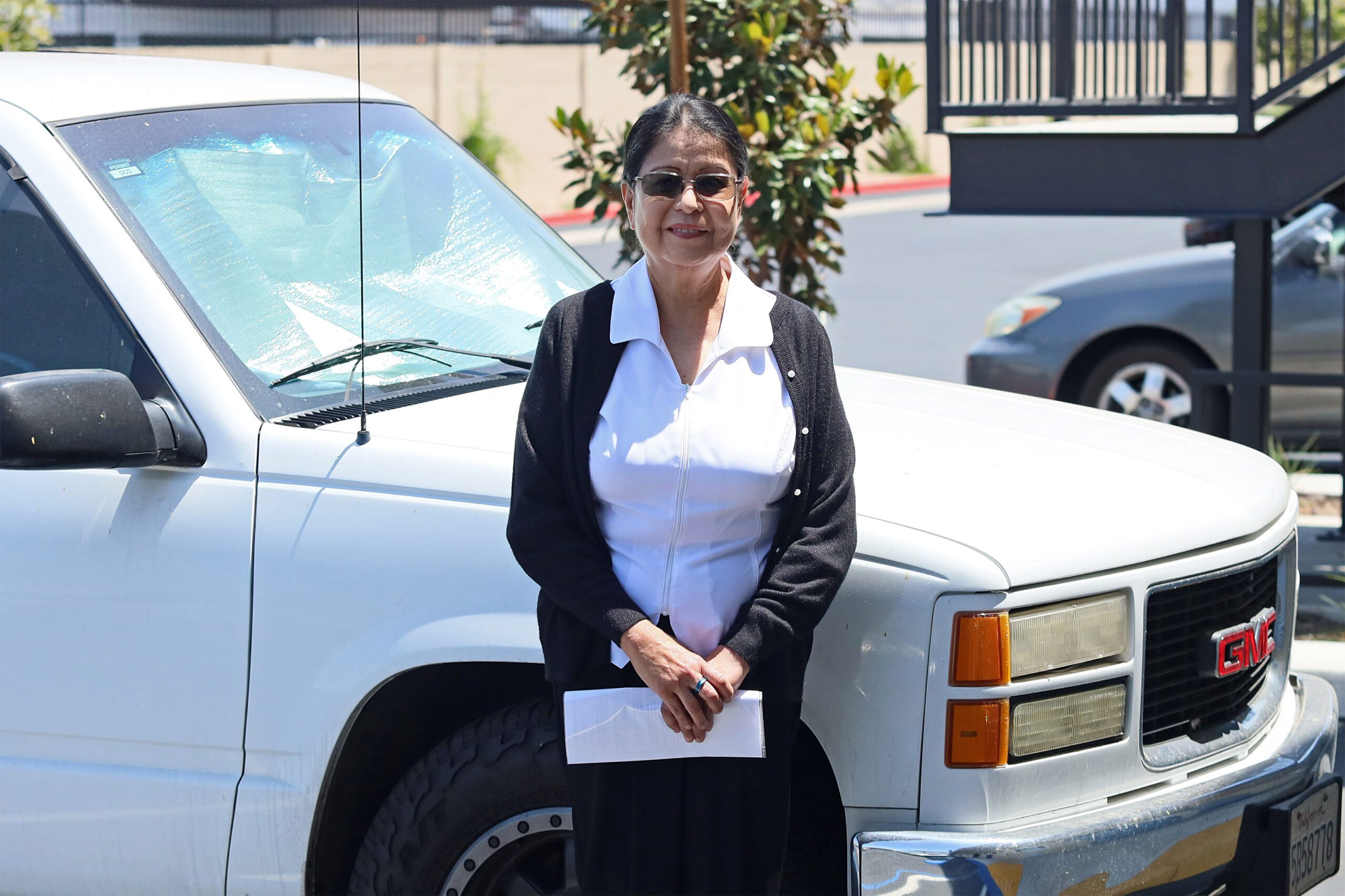By Ameil Joseph
We really need to get this right for persons with disabilities. Bill C-7, now before the Senate, proposes changes to the Criminal Code to remove the current need for “a naturally foreseeable death” as criteria for Medical Assistance in Dying (MAiD).
Why is this change being made?
When the MAiD law first came into force in Canada after a Supreme Court ruling in 2015, access to MAiD became a right, and it became a service. When some people felt that they were excluded from the criteria — because they experienced unbearable suffering but did not meet the criteria for an imminent death — they claimed that the law is discriminating against them. A Quebec court agreed with them, forcing the federal government to revisit the issue.
But the problem is a thorny one. How do we allow for the law to be amended so that people experiencing unbearable suffering due to an illness or condition without foreseeable death are allowed access to MAiD without, at the same time, providing an infrastructure that enables their death due to suffering caused by living in an ableist society?
Historical context is critical to this discussion yet almost nowhere is it being included in the debates. In the Senate hearings, in the media coverage and even in the advocacy, much of it has ignored the long history of eugenics and discrimination of persons with disabilities in Canada.
If we listen to persons with disabilities, we’ll learn that so much of their day-to-day suffering is a result of systemic discrimination that denies them the basic needs for robust living. Disability itself is not a consignment to suffering and misery. That’s an ableist lens.
If we don’t make timely and accessible critical needs such as healthcare, adequate housing, food security, social connection and so much more – but make assisted dying an easy, viable path — are we potentially creating and perpetuating other forms of discrimination?
The first annual report on MAiD in Canada, for example, does not account for the ways that our care and income support systems create suffering and deny quality of life for people with chronic disease, illness or disability. Similarly, the demographic data that would allow for an assessment and evaluation of how systemic racism is impacting MAiD is not collected, traced, analyzed or used.
These omissions are not accidents, they are coherent with the historical trajectories of ableism and eugenics that attach ideas of compassion to institutionalization, eradication and exclusion. We have a body of historical evidence that shows we have treated people with disabilities as burdensome and unworthy of adequate incomes and services.
We have permitted a medicalized idea of suffering to persist in persons with disabilities by omitting the social contexts of suffering, while erasing the historical contexts, and turning our gaze away from the systemic racism and discrimination that we know is persistent and pervasive across systems and services.
These systems could be assessed and addressed to alleviate suffering.
As the Bill reads now, the idea of suffering for people with a chronic condition, illness or disability will not be differentiated from the suffering they experience as a result of being mistreated, excluded and inadequately supported by a system that has historically impacted and presently impacts the quality of life for people with disabilities and racialized groups.
Increased access to MAiD without accounting for these factors will likely result in deaths that disproportionately affect these groups. This should be more than enough of a reason to stop this bill.
One amendment might be to mandate the collection of demographic data, and data on social determinants of well-being and MAiD. To pass it without this amendment, given what we know now, would only amount to an unethical process of experimentation on the lives of people with disabilities and racialized groups.
This bill exposes a larger set of issues and the way forward should not be to ignore them. If we want to collectively be more compassionate, more supportive in relation to MAiD, we cannot do so without confronting our past in our present while also intervening to address the inadequacy of services and care that creates suffering systemically for people with disabilities.
***
About Ameil Joseph:
Ameil J. Joseph is an Associate Professor in the School of Social Work at McMaster University.
—
This post was previously published on QUOI Media and is republished here under a Creative Commons license.
***
You Might Also Like These From The Good Men Project
 Compliments Men Want to Hear More Often
Compliments Men Want to Hear More Often  Relationships Aren’t Easy, But They’re Worth It
Relationships Aren’t Easy, But They’re Worth It  The One Thing Men Want More Than Sex
The One Thing Men Want More Than Sex  ..A Man’s Kiss Tells You Everything
..A Man’s Kiss Tells You Everything Join The Good Men Project as a Premium Member today.
All Premium Members get to view The Good Men Project with NO ADS.
A $50 annual membership gives you an all access pass. You can be a part of every call, group, class and community.
A $25 annual membership gives you access to one class, one Social Interest group and our online communities.
A $12 annual membership gives you access to our Friday calls with the publisher, our online community.
Register New Account
Log in if you wish to renew an existing subscription.
Username
First Name
Last Name
Password
Password Again
Choose your subscription level
- Yearly - $50.00 - 1 Year
- Monthly - $6.99 - 1 Month
Credit / Debit Card PayPal Choose Your Payment Method
Auto Renew
Subscribe to The Good Men Project Daily Newsletter By completing this registration form, you are also agreeing to our Terms of Service which can be found here.Need more info? A complete list of benefits is here.
—
Photo credit: Shutterstock
The post Expanding Medical Assistance in Dying Could Worsen Discrimination Against Persons With Disabilities appeared first on The Good Men Project.
Original Article










